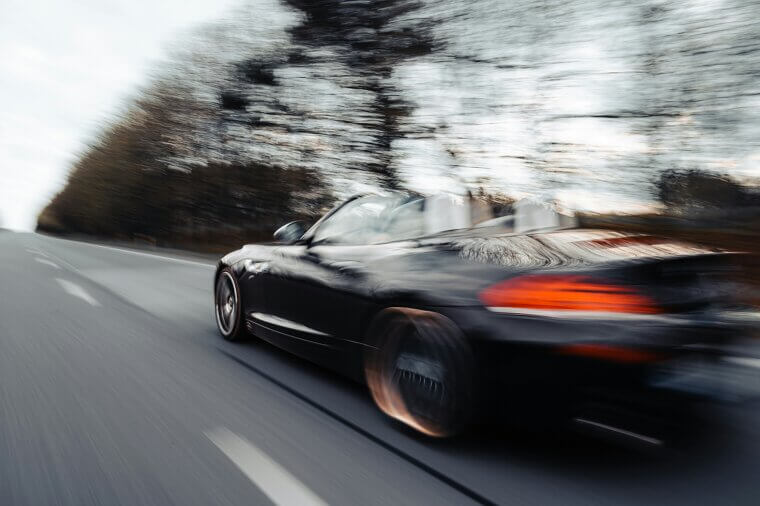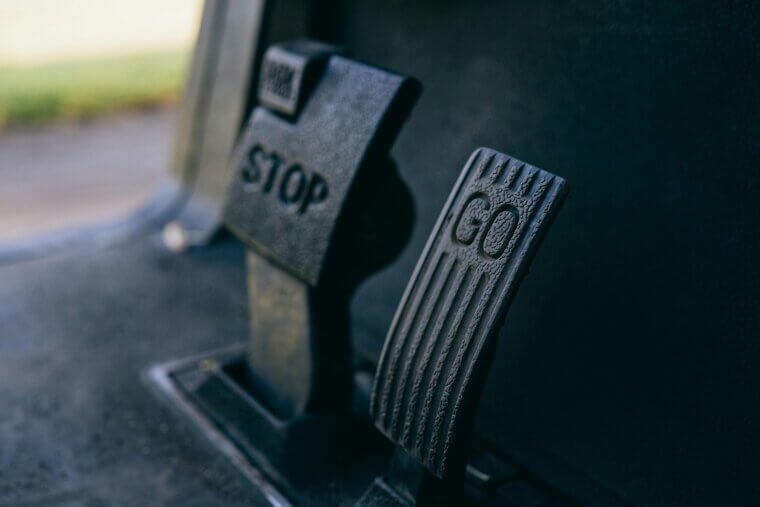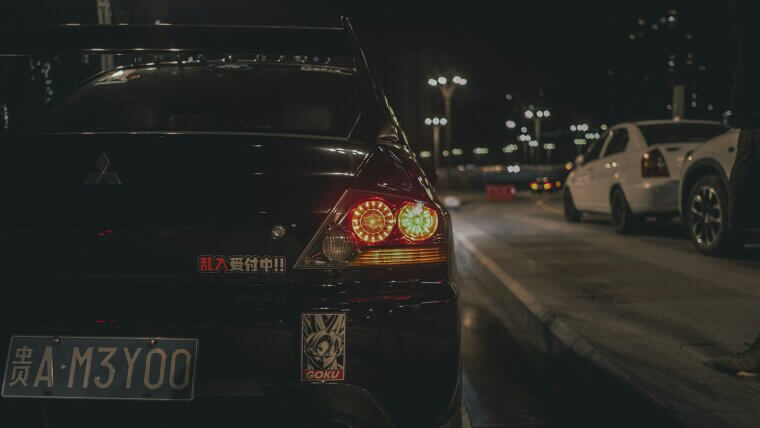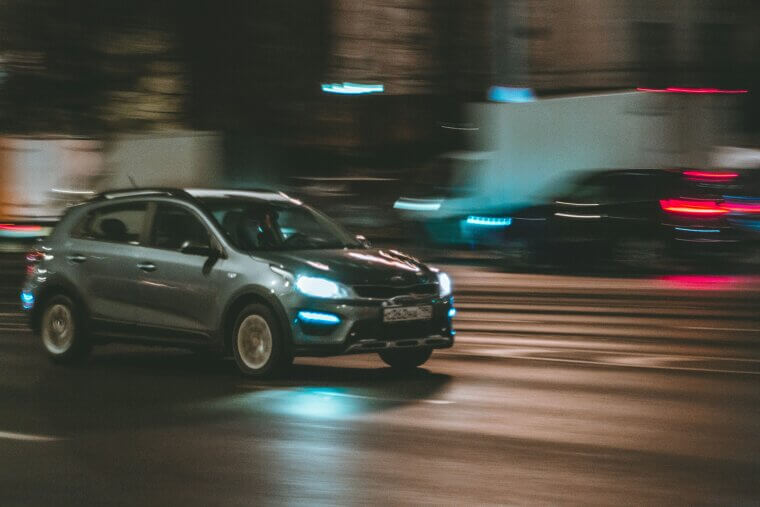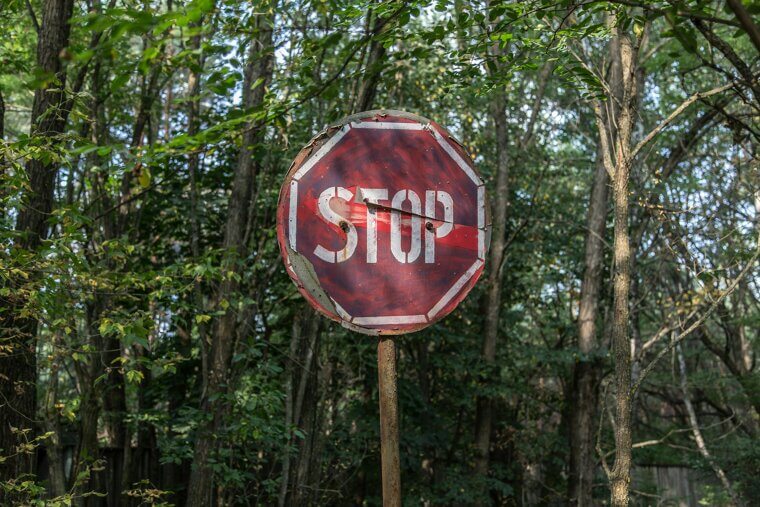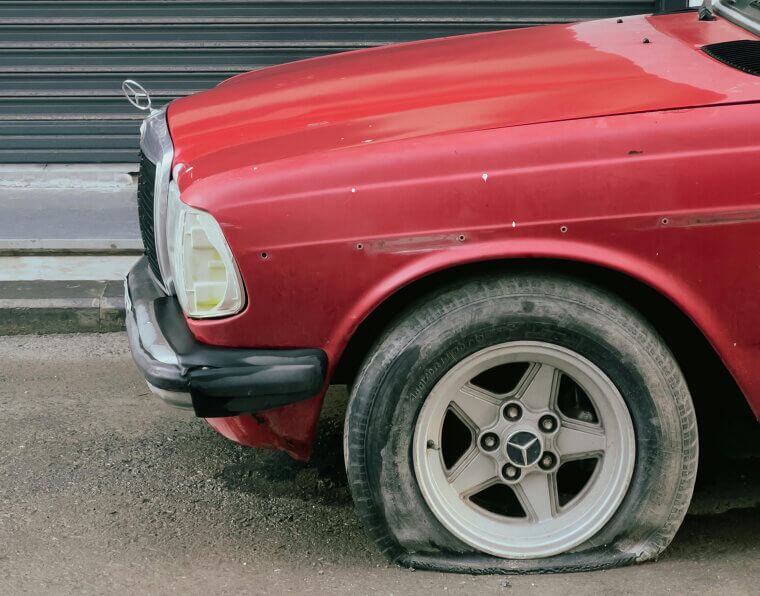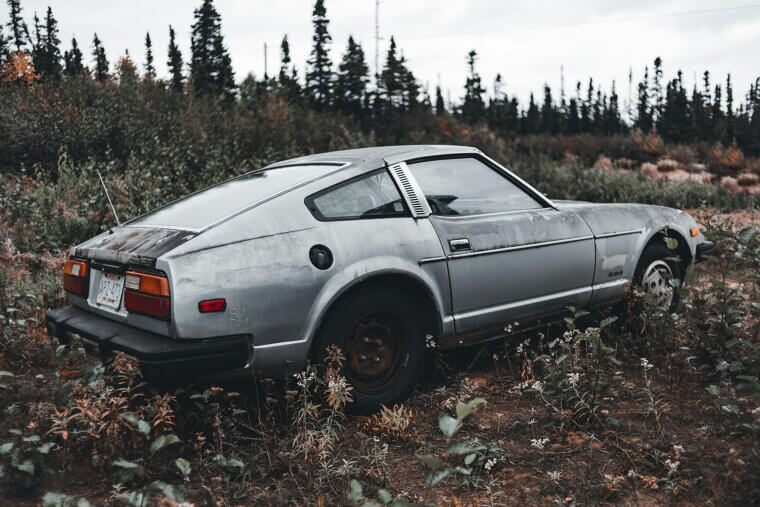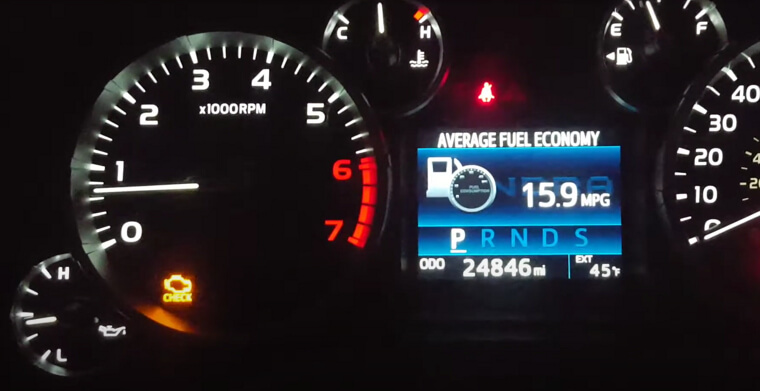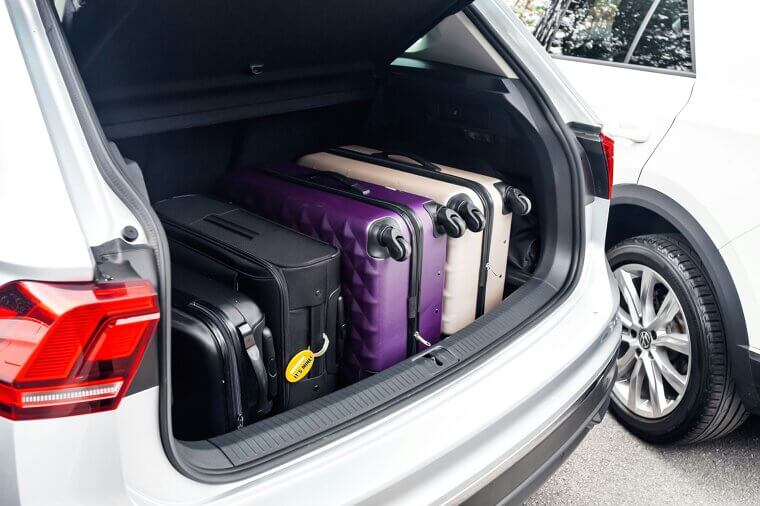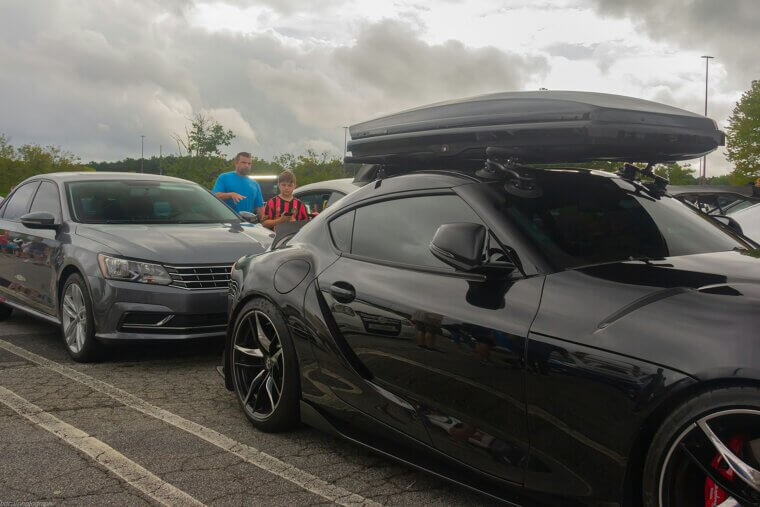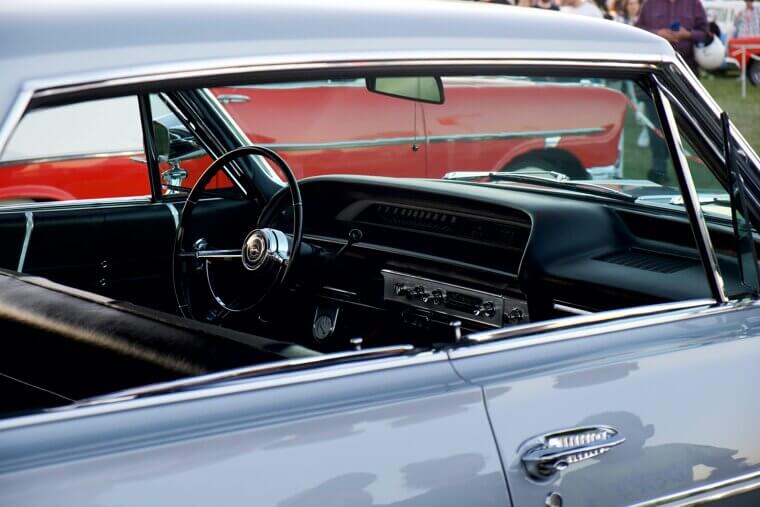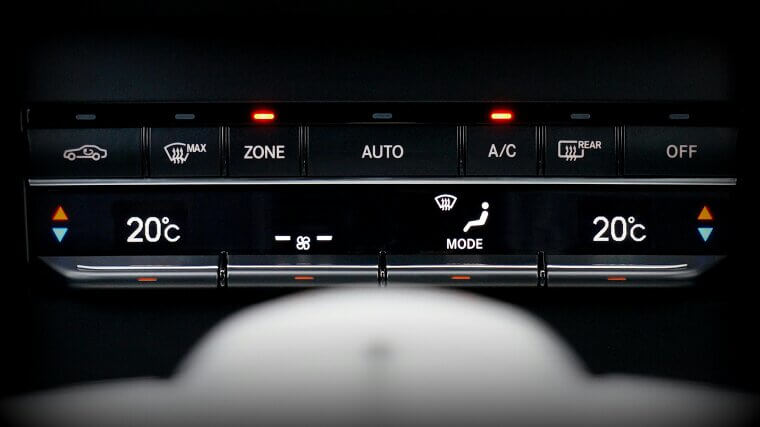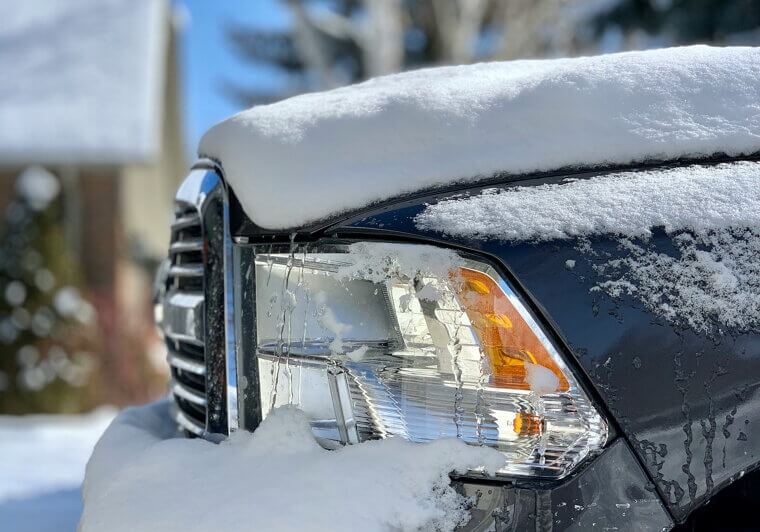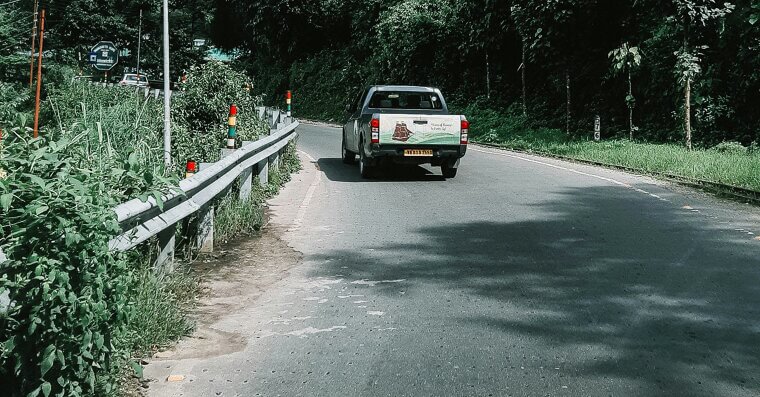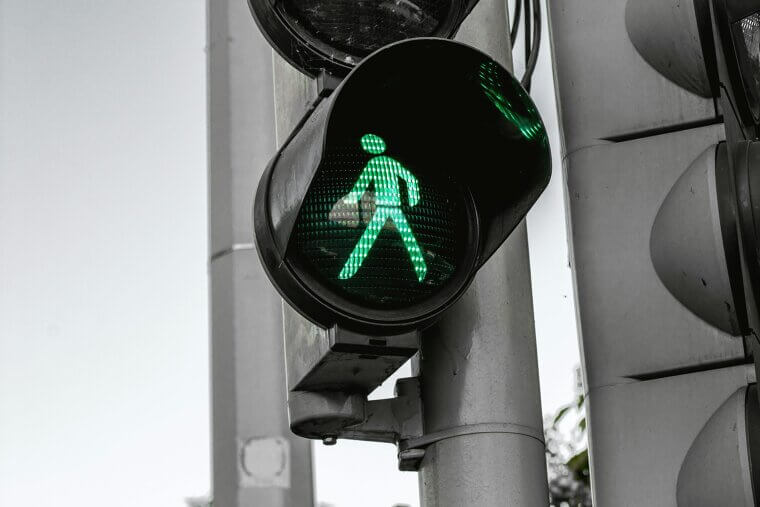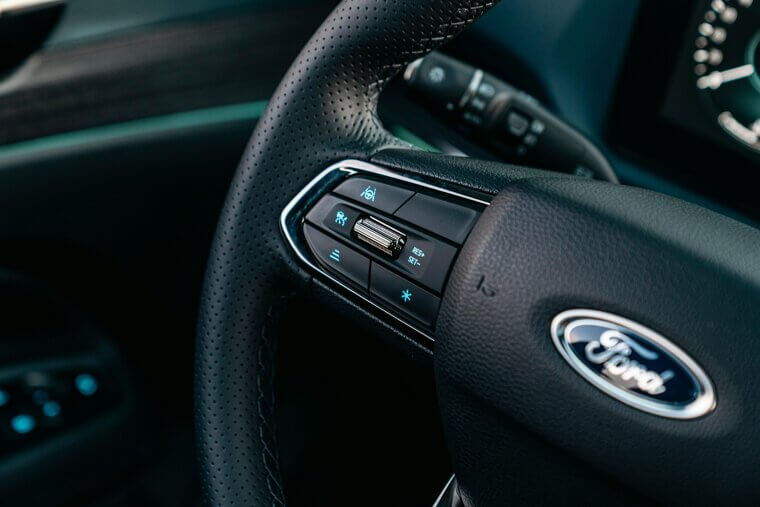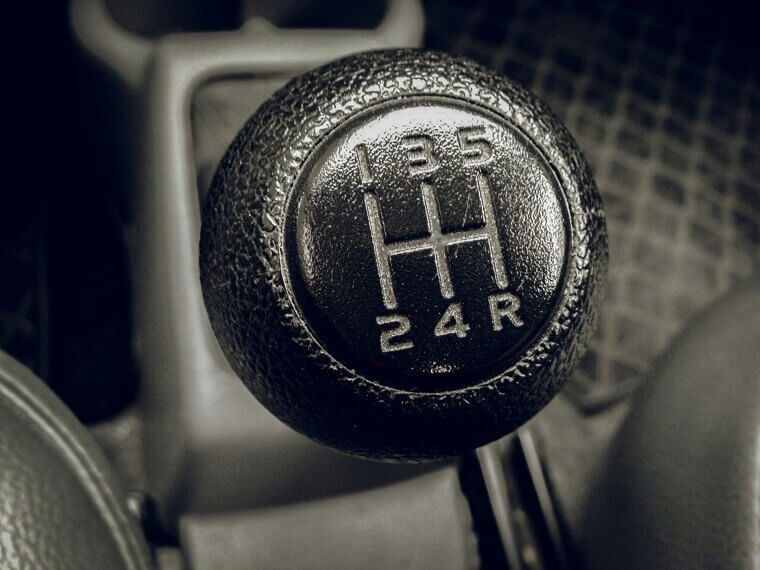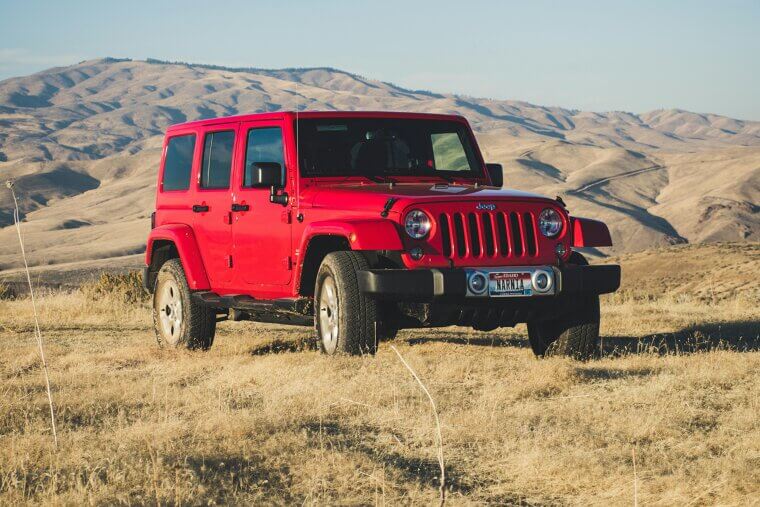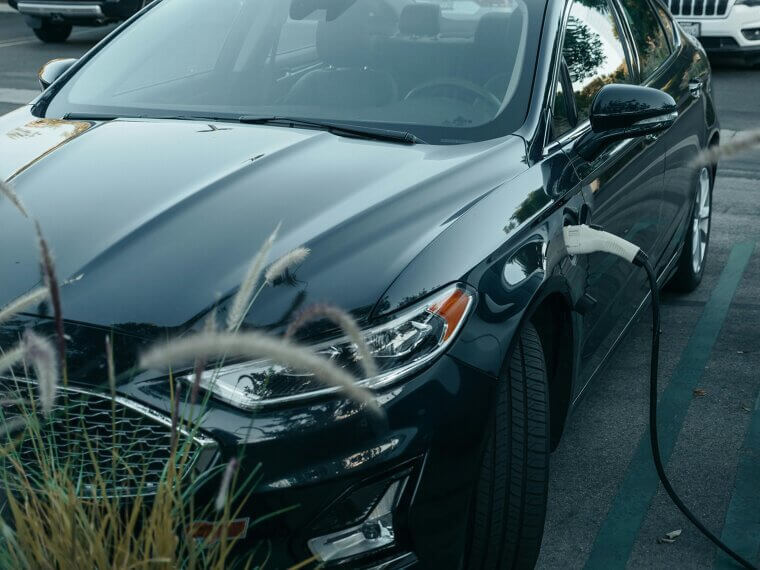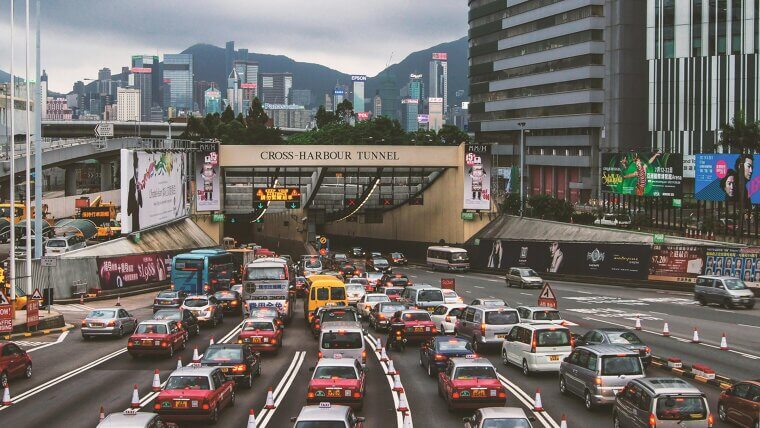How Common Driving Habits Affect Gas Mileage
Gas prices have a way of creeping up on us, like that one coworker who always “forgets” their wallet at lunch. These everyday driving habits are quietly sipping fuel from your tank like a late-night soda thief.
Aggressive Acceleration
Stomping on the gas pedal doesn’t make you Vin Diesel; it just makes your fuel gauge drop faster. Engines burn far more fuel when you slam the accelerator than when you ease into speed. Smooth starts may feel boring, but your wallet will thank you.
Hard Braking
If your brake pads are getting more love than your gas pedal, you’re wasting fuel. Constant sudden stops burn the gas you just worked so hard to use for acceleration. Plus, it’s stressful for you, your passengers, and your poor brake system.
Excessive Idling
Sitting in the car with the engine running is like burning cash just to hear your motor hum. Unless you’re powering a spaceship, idling is the least efficient use of fuel. Modern engines don’t need “warm-up” marathons, so if you’re parked for more than a minute, shut it down and save.
Speeding
Doing 80 in a 60 zone might save you three minutes, but it’ll cost you plenty more at the pump. Engines are designed for efficiency at moderate speeds, and gas mileage drops sharply the faster you go. Unless you’re fleeing zombies, slow down and enjoy the ride!
Rapid Stop-And-Go Driving
That jerky pattern of zoom-brake isn’t just annoying to passengers - it guzzles gas. Constant stop-and-go means your engine never settles into a steady, efficient rhythm. Instead, it’s like forcing it to sprint, rest, and sprint again. Smooth pacing saves fuel, keeps tempers cooler, and prevents everyone from spilling their coffee.
Riding With Low Tire Pressure
Driving with saggy tires is like running a marathon in flip-flops: you’ll waste way more energy. Underinflated tires increase rolling resistance, which means your engine has to work harder just to keep you moving.
Skipping Regular Maintenance
Neglecting oil changes, air filters, or tune-ups is basically asking your car to run a race while breathing through a straw. Dirty filters, clogged injectors, and tired spark plugs all eat into efficiency. Regular maintenance isn’t just about keeping things shiny - it’s about preserving your gas tank.
Ignoring Check Engine Lights
That glowing little dashboard icon isn’t a friendly nightlight! It’s your car’s way of crying for help. Some issues trigger your engine to run less efficiently, guzzling gas as a side effect. Ignoring it doesn’t make it go away; it just makes your wallet lighter.
Driving With Excess Weight
Your trunk isn’t a storage unit, but some folks treat it like one. Hauling around boxes, sports gear, or last year’s Halloween decorations weighs your car down, forcing the engine to burn more fuel. Lighten the load and you’ll notice better mileage.
Roof Racks and Carriers Left on
Leaving a roof rack or cargo box attached year-round will have an effect. Even when empty, they add wind resistance and kill fuel efficiency. Take them off when you’re not hauling gear - your gas mileage will thank you for it.
Driving With Windows Down at High Speeds
There’s nothing like fresh air on the open road… until your gas mileage plummets. Open windows create drag that forces your engine to work harder, especially on highways. At 65 mph you’re turning your car into a sailboat without the ocean views.
Using A/C Excessively
Air conditioning is a lifesaver on sweltering days. However, blasting it constantly can cost you dearly at the pump. The compressor draws extra power from the engine, meaning more fuel burned. Use it wisely - crack a window at low speeds, use vent settings, or set a reasonable temperature.
Warming up the Car Too Long
Gone are the days when engines needed to hum for 15 minutes before hitting the road. Modern cars are ready in seconds. Letting it idle forever wastes fuel and pollutes the air. A short warm-up is plenty; the best way to get your car comfortable is simply to start driving gently.
Short Trips for Everything
Running out for milk, then later for bread, then later for coffee? Your engine hates you. Cold starts use more fuel than steady driving, so making a dozen mini-errands burns through your tank. Combine trips when possible, and you’ll save gas and time.
Taking Longer Routes to Avoid Traffic Lights
Driving miles out of your way to dodge stoplights isn’t exactly a fuel-saving strategy. The gas wasted on that “shortcut” often outweighs the savings. Sometimes the straight-and-simple path is best.
Using Cruise Control Poorly
Cruise control can be a gas saver on flat highways. On hilly terrain it often overreacts, though. Your car will rev harder than necessary just to keep a set speed, burning more fuel. Use it wisely: stick to steady, flat roads. Otherwise, you’re basically letting your car stress-eat gas uphill.
Riding in Lower Gears Too Long (manuals)
If you’re cruising around in second gear like you’re clinging to a favorite childhood blanket, you’re guzzling fuel. Higher RPMs mean more gas burned. Shift up when appropriate - your engine will breathe easier, and so will your wallet.
Over-Relying on 4WD/AWD
Four-wheel drive and all-wheel drive are amazing for snowy mountains or muddy trails. However, do you really need them on sunny pavement? These systems add weight and resistance, which means extra fuel consumption. Switch back to two-wheel drive when you can.
Jackrabbit Starts in Hybrids/EVs
Even hybrids and EVs aren’t immune to wasteful habits. Slamming the pedal from a stop drains the battery faster and often forces the gas engine to kick in. Smooth acceleration maximizes electric range and keeps fuel use minimal. Think of it as rabbit season vs. tortoise season - slow and steady really does win here.
Not Planning Ahead for Traffic Flow
Constantly reacting (brake, gas, swerve, repeat) wastes more than just patience. Anticipating lights, merging smoothly, and reading the road ahead lets you drive consistently and efficiently. It’s like playing chess instead of checkers. Your gas mileage improves, traffic feels less stressful, and hey - your coffee’s less likely to end up in your lap.


